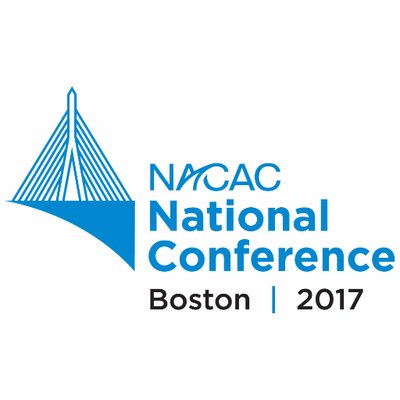You have /5 articles left.
Sign up for a free account or log in.

iStock
The National Association for College Admission Counseling holds its annual meeting in Boston this week. For those concerned with ethics in admissions, a key part of the meeting is the Assembly, where elected representatives of various NACAC divisions discuss and vote on possible amendments to NACAC's ethics code, known as the Statement of Principles of Good Practice (or SPGP, as it is commonly called in admissions circles).
Some years have seen prolonged, intense debates over ethics issues, such as the use of commission-paid agents to recruit international students. Other years, the Assembly provides a forum for complaints (typically from counselors in high schools) about various practices of colleges that strike some applicants and their families as unfair, such as maintaining waiting lists that are much larger than will possibly be used. This year, the Assembly will consider arguably a larger change in the SPGP than most proposals of past years. But the change is attracting widespread support and no visible opposition.
 The proposal is to simplify the document, which now includes "mandatory" practices, "best practices" and interpretations of mandatory practices. The proposal is to trim this down to just mandatory practices and a few statements of principle. While NACAC of course doesn't have enforcement powers, the SPGP can be influential -- with many admissions leaders saying that they have used it to fend off proposals from higher-ups at their colleges that would violate the policies.
The proposal is to simplify the document, which now includes "mandatory" practices, "best practices" and interpretations of mandatory practices. The proposal is to trim this down to just mandatory practices and a few statements of principle. While NACAC of course doesn't have enforcement powers, the SPGP can be influential -- with many admissions leaders saying that they have used it to fend off proposals from higher-ups at their colleges that would violate the policies.
At the same time, many NACAC members have expressed fear that the current document has become too long and complicated, and that a simpler statement would have more impact. Key themes -- the importance of honesty and transparency -- should stand out more in a shorter document, NACAC leaders say.
At the same time that NACAC may simplify the document, it is putting some principles front and center. The preamble, for example, states that "we are dedicated to promoting college access and addressing systemic inequities to ensure that college campuses reflect our society’s many cultures, stimulate the exchange of ideas, value differences and prepare our students to become global citizens and leaders."
The new document also specifically states that NACAC believes its ethical standards should apply to transfer students and international students -- two groups that are periodically discussed but were not a focus of the document in its early years.
Todd Rinehart, interim vice chancellor for enrollment at the University of Denver, led the NACAC committee that reviewed the existing SPGP and drafted the proposal that will come before the Assembly Saturday.
He said via email that through surveys and hearings at NACAC events, the panel heard broad support for the direction in which the Assembly is being asked to move. Many have found the current document confusing with its blending of required and recommended practices, he said. Further, he said that many of the best practices that have been listed -- such as meeting full financial need for all admitted students -- may be "noble," but aren't realistic for most colleges.
Rinehart noted that, if the trimmed version is approved, the Assembly would still be able to amend or add to it in future years, with two-thirds approval required to do so.
But he said he would urge his colleagues to be sparing with amendments. He said that his recommendation is "to be very careful in adding principles in response to every new wrinkle that evolves in our profession. To truly have member understanding and support of shared values and principles, we need a document that is easy to navigate and understand, and not overburdened with details and complexities."








